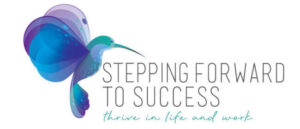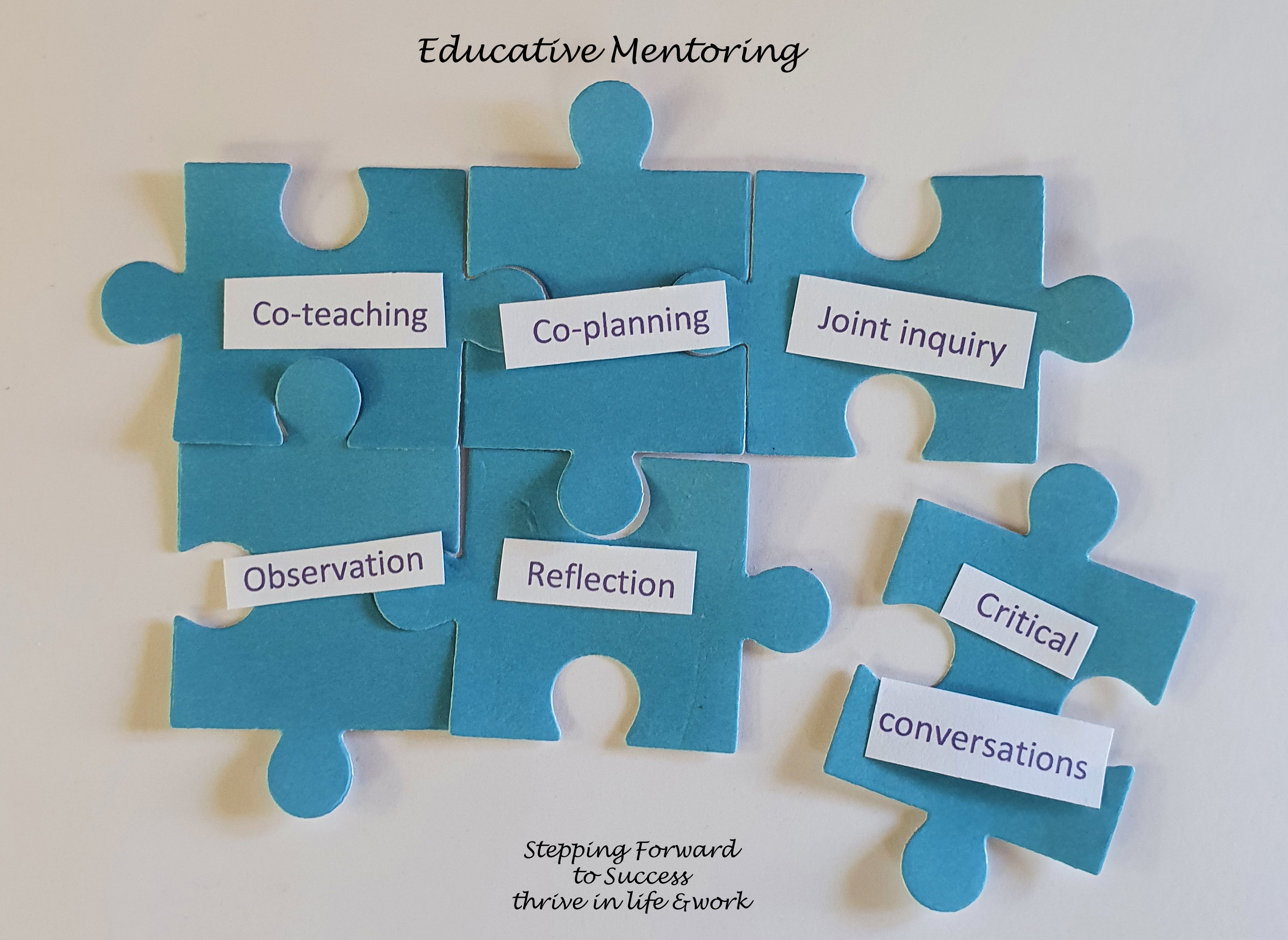
In New Zealand, provisional teachers are required to work with mentors on their journey to full certification.
The Education Council of New Zealand describes high quality mentoring as an essential component of the provisional teaching program, with a focus on educative mentoring rather than the more traditional advisory role of the past.
For those new to the process, this may all feel quite overwhelming. You may be unclear about the role of a mentor or unsure about how they support you to step into your career as a teacher.
In this article, we’ll dig into how educative mentorship works and discuss the benefits a mentor can provide to provisional teachers.
What Is A Mentor And How Can They Help You?
What is a Mentor?
Mentoring has been used for centuries to hand down knowledge and skills. Traditionally, mentors took on apprentices in their trade, teaching them important skills so they would not be lost between generations.
Many assume that modern mentoring resembles this top-down approach of an older, more experienced individual taking a less experienced protégé under their wing.
This may be how it works in some industries, but in education, the mentor-mentee relationship is more collaborative.
It can be described as “an asymmetrical but collaborative relationship, which facilitates exchange and the generation of ideas and may lead to change and innovations in the prevailing situation.” Pennanen, Bristol, Wilkinson, & Heikkinen, 2016. [source]
What Is Educative Mentoring?
Educative mentoring is common among teachers in training in many countries, including New Zealand.
The Guidelines for Induction and Mentoring and Mentor Teachers outline how educative mentorship works for provisionally certified teachers (PCTs):
Educative mentoring involves “learning conversations focusing on evidence of teachers’ practice. Rather than just providing ‘advice’ and emotional support, the mentor teachers co-construct professional learning, where often the learning is reciprocal.”
In simpler terms, mentors and mentees become co-learners, engaging in activities and discussions that inspire new ideas and insights into the teaching practice.
While traditional mentors tend to give advice and want things done a certain way, educative mentors encourage mentees to “reflect on their practice, helping them understand the value of learning from and about their teaching.” Schwille, 2008 [source]
Educative mentoring looks a little different for everyone, but the central concepts involve: “observation, co-planning, co-teaching, joint inquiry, critical conversation and reflection.” Feiman-Nemser, 1998
In practical terms, the Guidelines describe educative mentoring as “an experienced colleague providing dedicated time to a PRT to guide, support, give feedback, and facilitate evidence-informed reflective learning conversations.”
How A Mentor Can Help You
Learning to teach is much more complex than many people assume. Not only are you absorbing practical knowledge, but you’re also changing the concepts of teaching and learning you formed as a student yourself. On top of that, you’re questioning, experimenting, and developing your own personal teaching style.
As a provisional teacher, a mentor can help you navigate all these challenges as you progress towards full certification. Having someone who understands how it all works can take the pressure off. But beyond that, research demonstrates that quality induction and mentoring can “make a tremendous difference in teacher satisfaction, growth, retention and impact on students.” Stanulis and Floden, 2009. [source]
The Right Mentor Can Be Invaluable
As outlined by the Education Council’s Guidelines, the right mentor can help you:
- become an accomplished and effective teacher who can improve the learning outcomes of diverse ākonga
- progressively demonstrate you meet Our Code, Our Standards
- be able to contribute fresh ideas and approaches that rejuvenate teaching workplaces
- build a strong foundation of self-reflection and ongoing professional learning
- enjoy teaching and be a positive member of the profession.
At Stepping Forward to Success, I provide mentorship to provisional teachers in a variety of different ways. I offer educative and supportive mentoring that can supplement what you receive within your centre.
I can also support you as a sole mentor if you have no one to fulfill that role. So, reach out to me today to chat about your journey to becoming a certified ECE teacher.
Call me for a no-obligation chat or click here to discover more about my specialised Kete Ako programme for Provisional Certified Teachers today.

